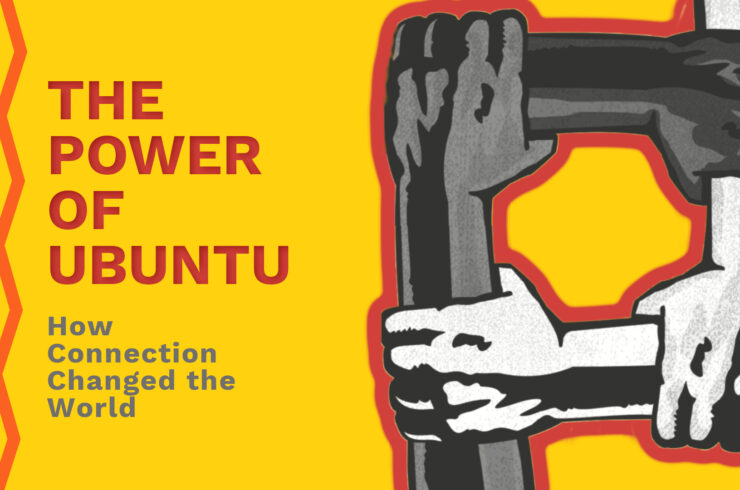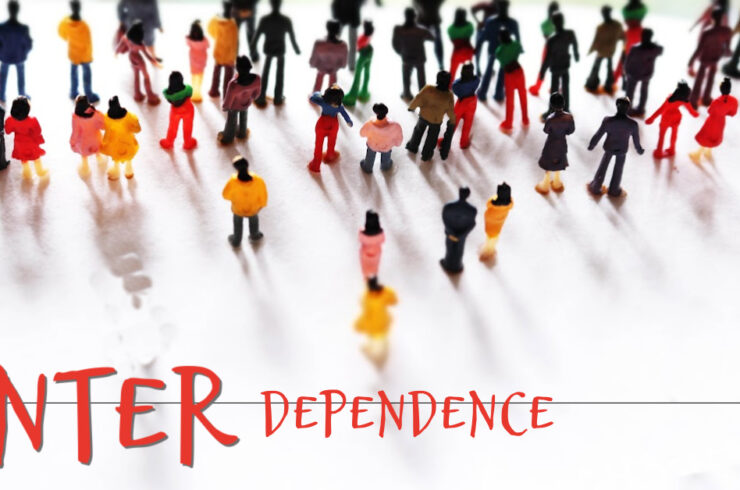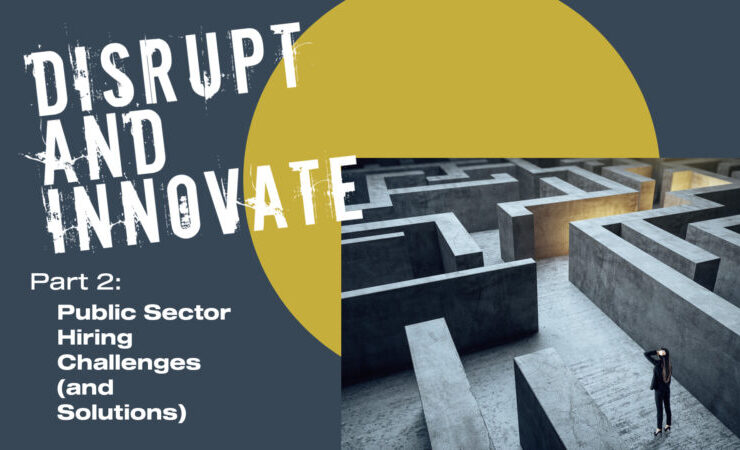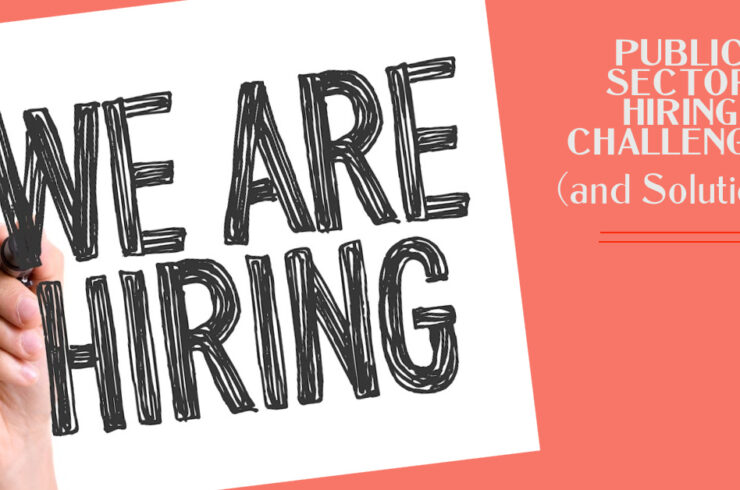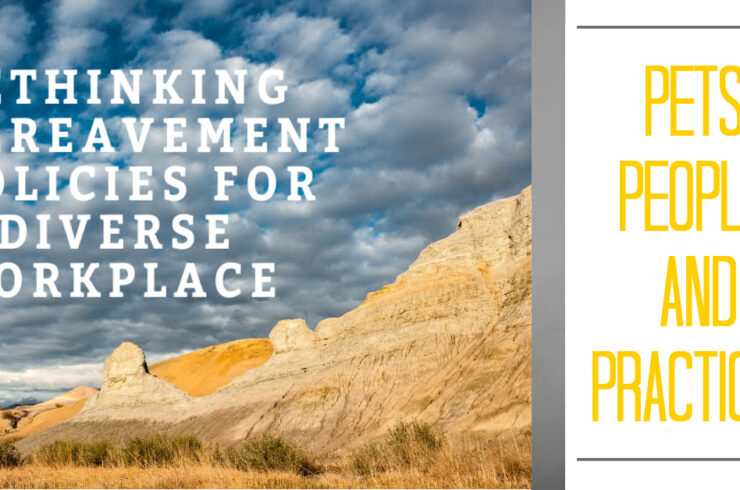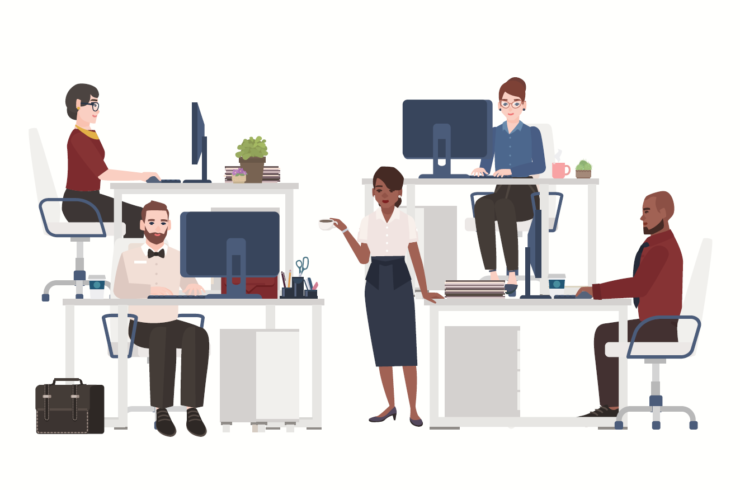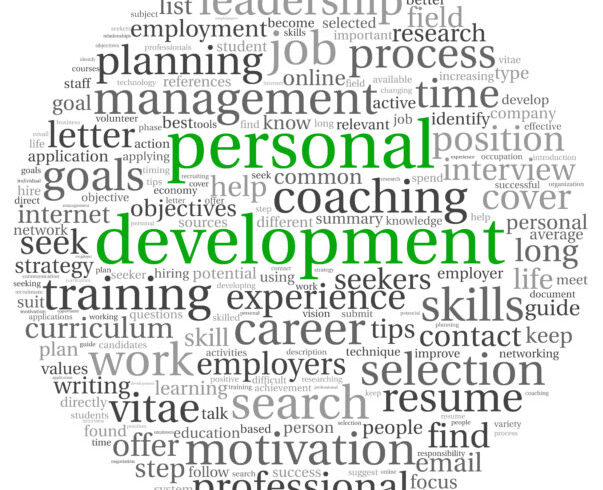May is Mental Health Awareness Month
Things You Can Do Now To Improve Your Organization’s Mental Health – Even While Working From Home
In the past, I would have dismissed this topic as something that is so distant to me, I would not even need to glance in its direction.
I would much rather focus on other topics that can claim May as their month:

American Cheese – and not just the slices in cellophane wrappers, but the artisan chesses. The American Cheese Society encourages you to visit a local cheese producer.
Asparagus- hard to grow, but easy to cook.
Barbecue – obviously, go out to eat
Bikes – featuring National Bike to School Day on May 5th
Even, Correct Your Posture Month sounds more appealing than a discussion about mental health, and oh, so easy, to celebrate. This website says to stand up from your desk every 30 minutes.
Mental Health – no so fun and not so easy to focus on.
While, in theory I know the stigma attached to mental health and seeking help needs to be removed; when it comes to myself it is easy to think, “I am just fine – thank you very much.”
In actuality, being just fine would put me in the minority.
Forbes reported that 75% of U.S. Workers have struggled at work this past year due to anxiety caused by the Covid-19 pandemic and other recent current events.
While many companies are mentioning their support systems more frequently to help their employees with mental health – like the Employee Assistance Program (EAP) that Metro State employees can tap into, I feel it quite unlikely that I would make that call because I feel “stressed.” Perhaps, you are like me. Even though you are struggling with stress, you are not ready to make an official call for help.
So, what can you and I do to contribute to positive mental health of our workplace – especially when working from home?
#1. Take Care of Me
Yes, you first.
You cannot help others if you are unhealthy.
- Keep a regular schedule each day that includes specific times to:
- Stop and start work
- Connect with family and friends, and
- Provide self -care (time to eat, exercise, and sleep).
- Use relaxation techniques, such as the 5-4-3-2-1 Coping Technique
- Distract and redirect energy into activities that bring joy – for me – gardening
- Schedule time away from screens and get fresh air
- Set up an ergonomically correct work station
#2. Take Care of Your Coworkers
Now that you cannot gather around the water cooler each day, this is even more important.
- Show empathy when others share their anxiety
- Schedule time to routinely check in with coworkers to ward off isolation
- Encourage them to use the EAP if you hear something troubling
- Encourage them to be assertive, yet courteous, and say “no” to work or deadlines that go beyond understood boundaries
- Encourage them to do the five items above in “Taking Care of Me”
#3. Take Care of Your Staff
Leaders have extra responsibility in maintaining a health workplace culture.
- Make sure your staff is aware of EAP resources
- Routinely schedule 1:1 time with team members:
- Provide space for them to “not be OK”
- Help them feel connected to the vision and mission of the organization
- Clarify their role and responsibilities
- Encourage staff to set and keep regular work hours. Make sure they know that working from home does not equate to being available 24/7
- As guidelines change, create coworking spaces where your team can meet in person now and then
- If the position allows, provide flexibility for staff to control their own schedules
If your organization needs some nudging to help you create a healthy work- from-home structure, remind them that
healthy people are more productive: they…

- Call in sick less
- Reduce the organization’s turnover rate
- Have more brain capacity available to be problem-solvers
- Reduce healthcare costs
One final note, *I am not a mental health professional.*
This blog is not intended to be a substitute for professional advice, diagnosis, medical treatment or therapy.
Now, quit reading this screen and go for a walk.




